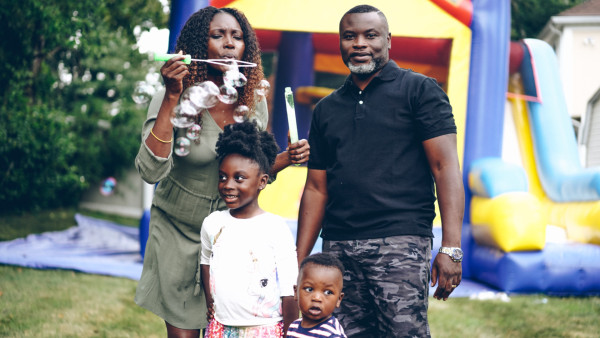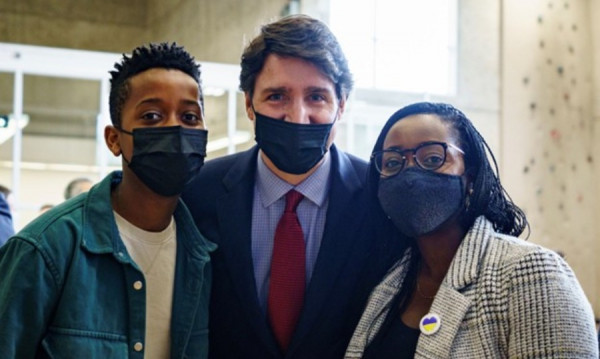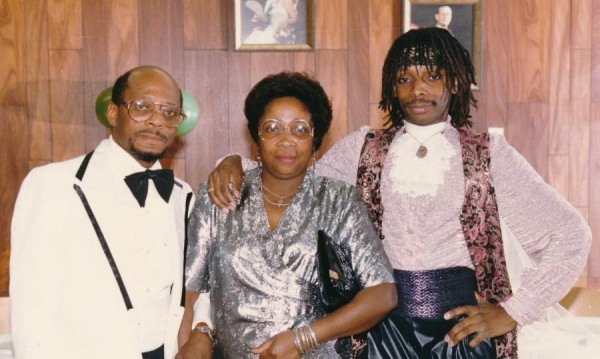But over the years, I've discovered that Black community exists almost everywhere if you know where to look and how to connect. The key is preparation, intentionality and embracing the power of community networks that truly span the globe.
Connect Before You Go
The foundation of finding Black community while travelling starts before you board your flight. Social media and dedicated travel groups have revolutionized how we connect with like-minded travellers and locals at our destinations.
Social media platforms that focus on Black travellers have become invaluable resources for trip planning and community building. The Black Travel Alliance serves as a hub for connecting with fellow travellers, sharing experiences and getting insider tips from people who understand the unique perspectives we bring to travel. Similarly, NomadnessTravel Tribe has built a vibrant community of travellers of colour who organize meetups, share resources, and create safe spaces for exploration around the world.
Members share everything from restaurant recommendations to safety tips and often organize group trips that eliminate the stress of navigating new places alone. These groups don't just offer travel advice; they offer belonging.
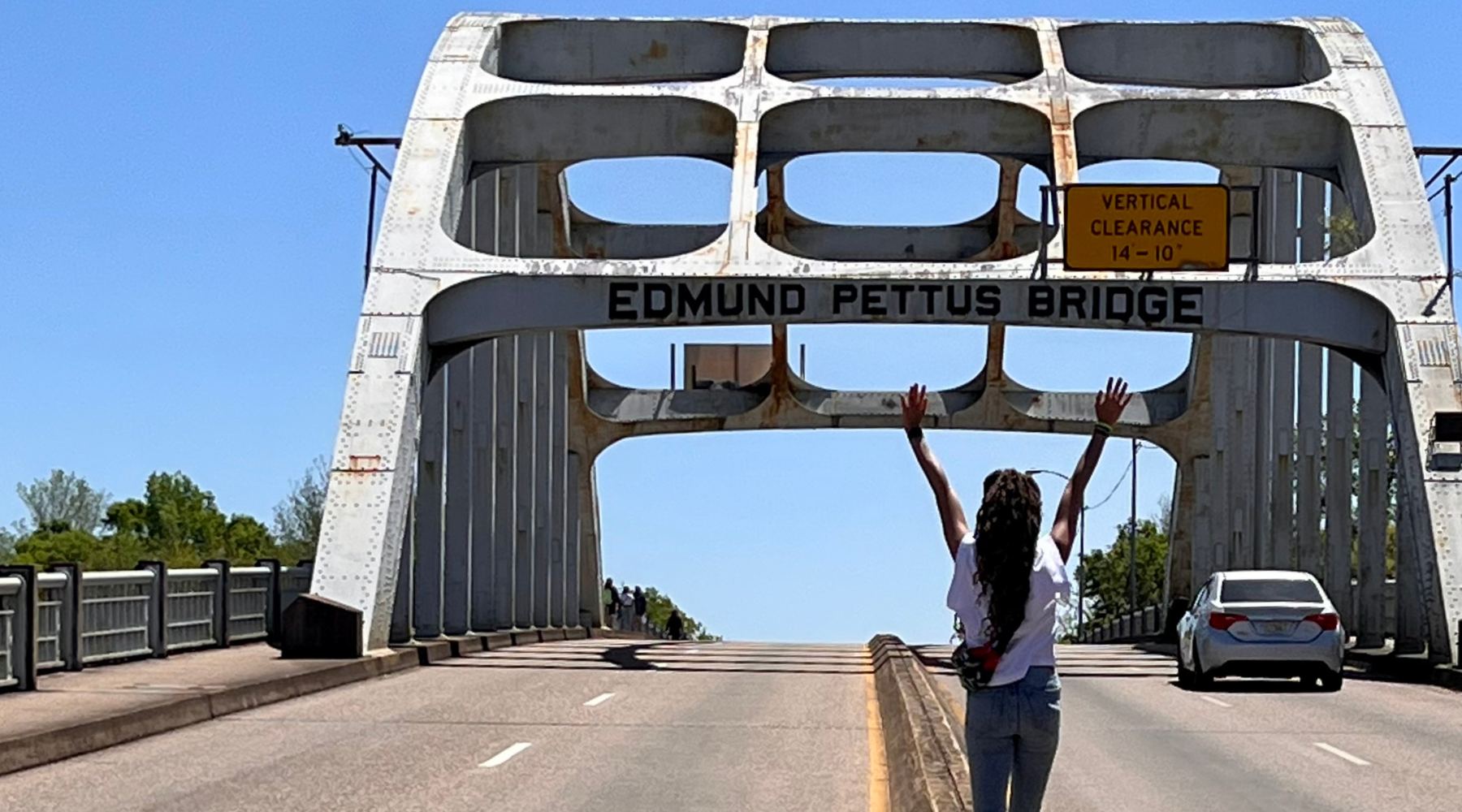
Before and While You're There
Technology has made it easier than ever to tap into Black communities wherever you land. Several apps cater specifically to travellers seeking authentic cultural connections and Black-owned experiences.
The ABC Travel Network, founded by Martinique Lewis, connects travellers, offers guidance and provides reviews from people who have been there and know where to go. Black Foodie Finder and EatOkra are game-changers for discovering incredible Black-owned restaurants and food experiences because, as we know, food is one of the best ways to connect with culture and community. Melanin on the Map rounds out these digital tools by highlighting Black-owned businesses and experiences across various categories in any one location.
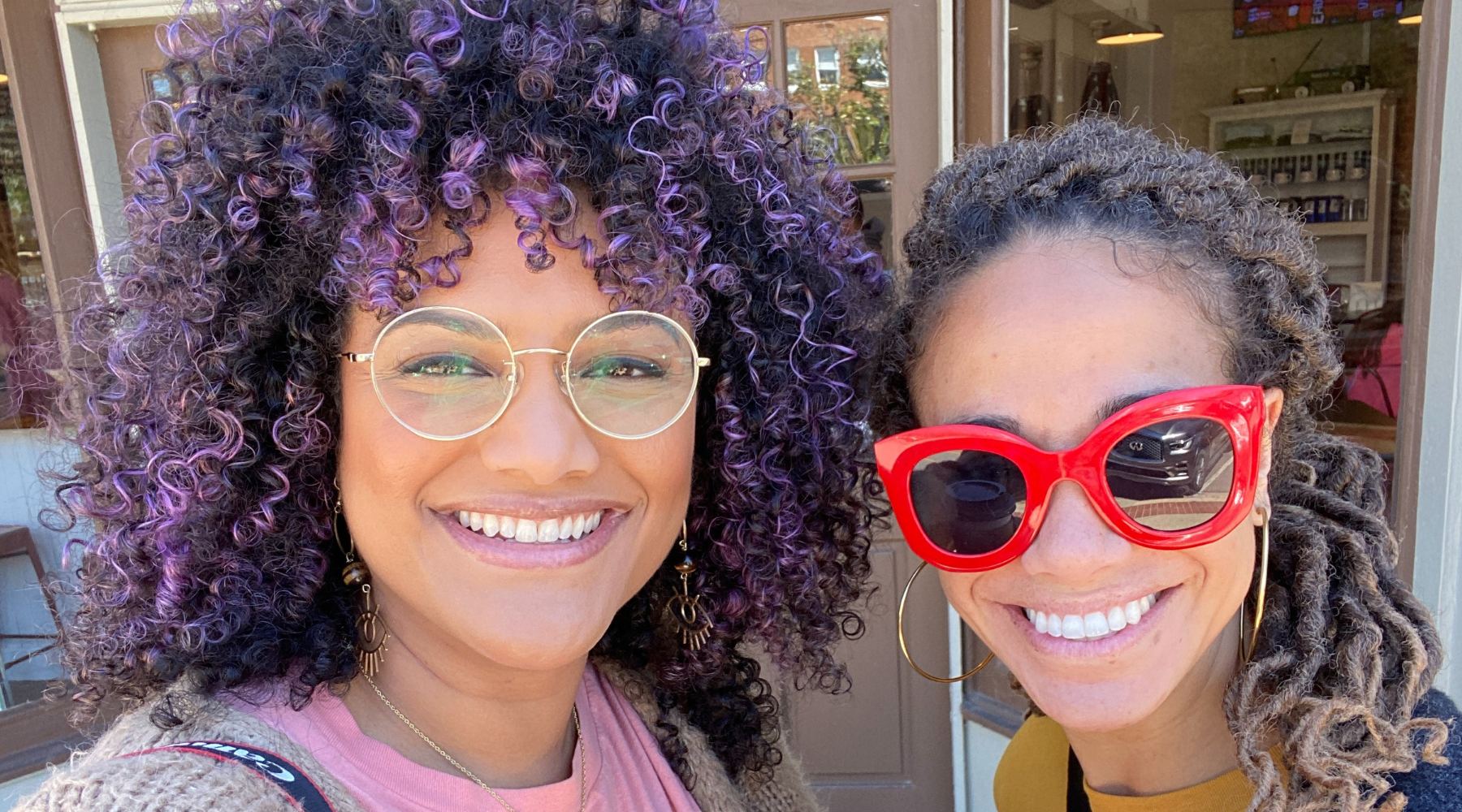
These apps also transform solo travel into community-connected adventures, ensuring you're never truly alone in a new place.
On the Ground: Where Community Thrives
The real magic happens when you arrive at your destination and step into physical spaces where Black culture and community flourish.
Neighbourhoods and markets often serve as the heartbeat of Black communities worldwide. Whether it's exploring Brixton in London, Harlem in New York, or Little Ethiopia in Los Angeles, these areas pulse with familiar energy and welcome visitors seeking connection.
Cultural Centers and events offer some of the most meaningful ways to engage with local Black communities. I've learned to plan trips around Black festivals, concerts and celebrations. Timing your visit with Black History Month observances (they are different months depending on where you are in the world), Carnival, freedom celebrations or religious festivals can provide profound cultural immersion. These events are opportunities to witness how Blackness is celebrated and expressed in different cultural contexts.
Diaspora-owned businesses deserve your intentional support and offer authentic cultural exchange. Filling your itinerary with Black-owned restaurants, cafés, bookstores, and hair salons creates natural opportunities for conversation and connection. These spaces often become informal cultural centers where locals and visitors alike gather, share stories and build community.
Planning your trip with Black-owned tour companies takes community connection to another level. These operators offer more than sightseeing: they provide cultural education, volunteer opportunities, cooking and dance classes, and conversations with prominent local leaders. They understand the importance of authentic representation and create experiences that honour both visitor curiosity and local community pride.
Finding Black community while travelling isn't just about comfort, it's about enrichment, understanding and celebrating the beautiful diversity of our diaspora. Every trip becomes an opportunity to expand your understanding of Blackness worldwide, while contributing to the economic empowerment of communities that continue to welcome us with open arms.
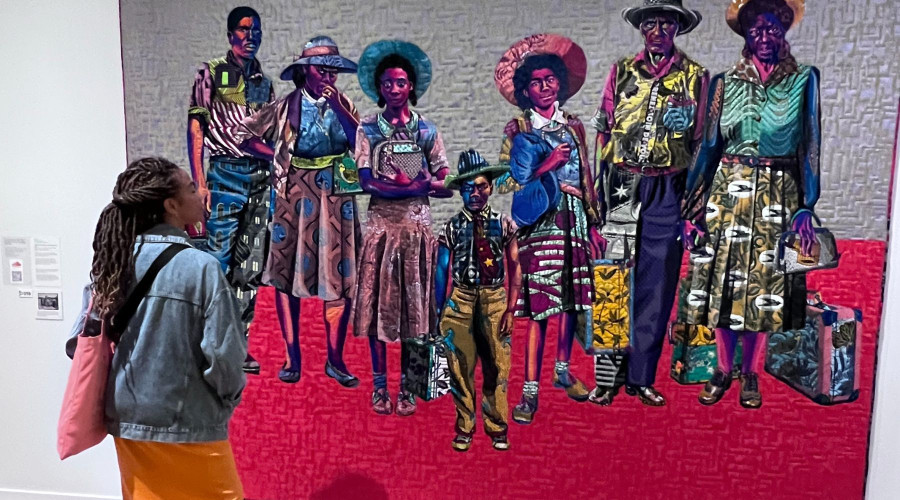
 By
By 






